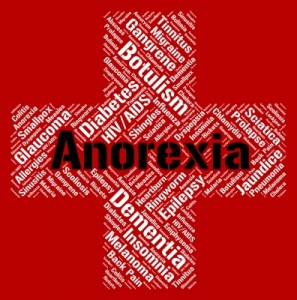An estimated 4.6 million school-aged children in the United States today have been diagnosed with a learning disability, making academic life so much more challenging than for an average student. The anxiety and stress that results from not keeping up with the material learned in school and performing poorly on exams can take a toll on children and their families. Parents of children who have been diagnosed with a learning disability struggle to find the right assistance for their child.
Psychological disorders that are characterized by abnormal, unhealthy eating habits are considered eating disorders. In the United States, currently 20 million women and 10 million men are suffering from eating disorders. While this number is exceptionally high, this statistic only counts cases considered clinically significant, indicating there are likely many more undocumented cases. Neurofeedback works to improve brain function to help those struggling in recovery.
As a parent, all you want is to see your child succeed in their life. If your child suffers from a brain-based issue or disorder, daily functioning becomes more difficult which can burden families. Brain-based issues can include everything from anxiety and depression to learning disabilities to behavioral issues. Parents often struggle to find the right course of treatment to ensure that their child can grow up to be a well-adjusted adult and experience academic, career, and personal success. Success in the formative years of their youth is crucial. If your child is struggling to succeed, neurofeedback may be the treatment of choice, and here’s why.
The field of neurofeedback today owes much of its preliminary research and findings to Dr. Barry Sterman for his work creating and establishing clinical applications for neurofeedback. After earning a Ph.D. in Psychology and Neuroscience from the University of California Los Angeles in 1963, Dr. Sterman began his research, which ultimately led to the discovery of an effective treatment for a variety of neurological conditions.
Every parent wants to see their child succeeding in school. In order for a child to be set up for academic success in the future, positive skills and habits must be built from a young age, which relies heavily upon optimal functioning of the brain. Neurofeedback is perfect for young children as it is an easy and effective method of training the brain to function optimally without the use of medications. Training a child’s brain to function at its very best from a young age will help set them up for long term success. The three main areas of brain function that are positively impacted by neurofeedback include the following:







